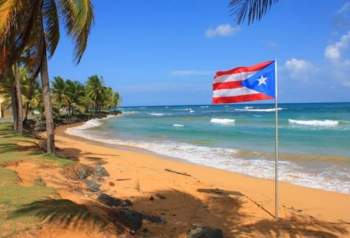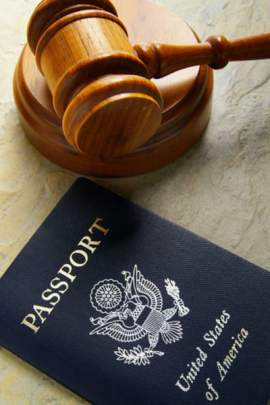
Birthright Citizenship Defined

Must Read
In the United States, birthright citizenship refers to an individual's acquisition of United States citizenship by virtue of the circumstances surrounding his or her birth. Birthright citizenship, according to the currently accepted interpretation of U.S. immigration law, offers any individual born within the country (including Puerto Rico, Guam, the Northern Mariana Islands, and the U.S. Virgin Islands) full U.S. citizenship.
Birthright citizenship is a matter of federal law, and is governed by the United States constitution. Birthright citizenship is provided through the Constitution’s 14th Amendment, which claims that "All persons born or naturalized in the United States, and subject to the jurisdiction thereof, are citizens of the United States and of the State wherein they reside."
The section of the 14th Constitution containing this language is the Citizenship Clause, and is interpreted in this way according to the Supreme Court decisions for the Elk v. Wilkins and United States v. Wong Kim Ark cases.



















